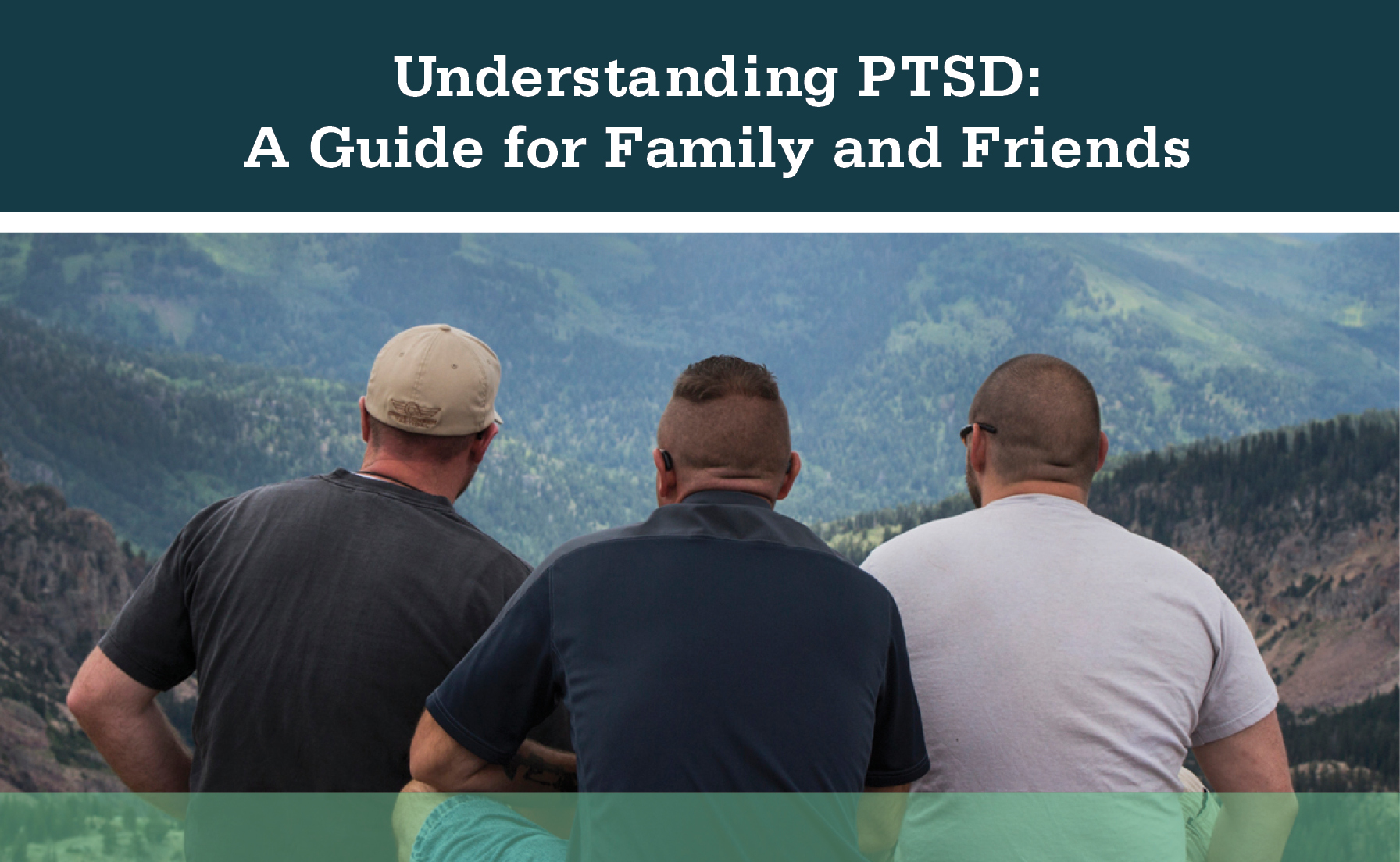PTSD: National Center for PTSD
Coping When a Family Member Goes to War
Coping When a Family Member Goes to War
As a military family, deployments create challenges at home. When a Service member leaves and then returns it creates a cycle of change for everyone. Learn about common problems families face during these times and tips to help you prepare and cope.
Reading time: minutes
When a family member goes to war, the impact on those left at home can be challenging. Readjusting after your Service member returns can also take time. Know that the entire cycle of deployment can be a painful and frightening time, particularly for children. Family members need to be heard without judging or criticizing what they say. People may need to just express themselves during this time. The more family members can communicate with one another, the less long-term strain there will be on the family.
Support from others is important. Spend time with people. Coping with stressful events is easier when in the company of caring friends. Ask for support from your family, friends, church, or other community group. Peer-support groups, led by spouses of deployed Service members, can be helpful. Spouses can share ideas with each other, trade childcare or other responsibilities, and encourage each other if they are feeling taxed. It is helpful to find ways you and your family can productively channel energy. Helping other families and organizing neighborhood support groups or outings can help everyone involved.
Tips for Family Members to Cope with Deployment
- Remind yourself that even though you hear regularly about deaths in the military, the vast majority of deployed troops are not harmed.
- Keep up routines. Try to stick to everyday routines. Familiar habits can be very comforting.
- Take time out for fun. Don't forget to do things that feel good to you. Take a walk, spend time with your pets, or play a game you enjoy.
- Take time to listen to each other.
- Emotions such as fear, anger, and feeling "numb" are normal and common reactions to stress. Family members need to make sure these emotions aren't turned against one another in frustration. It will help you to manage tension if you share feelings, recognize that they are normal, and realize that most family members feel the same way.
- Limit watching news media programs. Families should minimize TV, radio, and web exposure related to the war. News often uses fearful content and images to create a "story".
When children worry about war, acknowledge children's fears, and let them know that parents, teachers, and police are here to protect them. Find ways to keep the deployed member visible to the family. For example, keep out photographs of your loved one. For more information see Children Coping with Deployment.
The more caring and stable the remaining caretaker is, the less stress the children will feel. However, trying to "do it all" can lead to exhaustion. Signs of caregiver stress include feeling as though you are unable to cope, feeling constantly exhausted, or feeling as though you no longer care about anything. It is especially important for caretakers to devote time to themselves, exercise, and get plenty of rest.
Get Professional Help If Needed
When stress becomes overwhelming, don't be afraid to seek professional help. Ongoing difficulties such as exhaustion, apathy, worry, sleeplessness, bad dreams, irritability, or anger-outbursts need the attention of a professional counselor.
Use military outreach programs. Military outreach programs are in place to help families prevent social isolation. Interventions for military families are especially important for younger families and those without a prior history of deployments.
Healthy Reintegration
When your Service member safely returns home, take time to reconnect:
- Make sure that your Service member has the opportunity to spend one-on-one "downtime" with every family member and close friend.
- Provide support to your Service member to interact with others, and also spend time alone as needed. Some time with war zone comrades is good, but balance with family is also important.
- Experiment with different communication styles. Your Service member has been used to operating in the military "need-to-know" mode. They may need to relearn the importance of sharing information.
- Don't be afraid to ask about the war or how your Service member is doing. Know that they may not want to talk at first. You may have to approach talking indirectly. You can arrange activities that foster conversation instead of watching movies or television. Examples are walking together, working on a project together, or playing a game.
- Express confidence that you will be able to work things out, and make a happy home for yourselves again.
Share changes with one another. Be prepared for changing household roles and new personality traits. Talk about what skills each of you now has, and which responsibilities you'd both prefer. Compromise if necessary. Both of you should feel that needs are understood and respected.
Take care of yourself by doing healthy things to relieve stress:
- Exercise, including yoga.
- Meditate, do breathing exercises.
- Get enough sleep (8-9 hours per night).
- Drink alcohol only in moderation – it's important not to use alcohol as a way go to sleep, as it can get in the way of deeper sleep, or as a way of avoiding problems that may need to be faced. Using alcohol for these reasons tends to lead to more problems in the long run.
Things to Avoid When Talking
The habits that your Service member formed while away can make communication stressful once he or she is home. When talking with your returning Service member, try not to:
- Pressure your Service member to talk. They may never feel comfortable talking with you about what happened during their deployment. Rather than pushing them, offer options, such as talking with peers, or dealing with stress in other ways besides talking.
- Make statements that might be perceived as judgmental (for example, don't say things like, "what you had to do is so awful!").
- Stop him or her from talking.
- Tell your Service member what they "should" do.
- Use cliches or easy answers (for example, try not to say things like "war is hell" or "now that you're back, you can put it behind you"). Instead, let them know that you feel for what they went through, you love them, and you're there for them whenever they need anything.
- Give your Service member advice without listening thoroughly.
- Rush things. It takes time to get to know and feel comfortable with one another again.
Resources for Families Coping with Readjustment
- Vet Centers
When the VA was established to care for Veterans, its services did not include direct support for families. Now the VA offers Vet Centers to fill that need. Vet Centers provide services for the families of both deployed Service member and Veterans. - Military OneSource
This Department of Defense-funded program aims to support the military community. Family-specific resources are available.
Sources
Pincus, S. H., House, R., Christenson, J., & Adler, L. E. (2001). The emotional cycle of deployment: A military family perspective. U.S. Army Medical Department Journal, 4/5/6, 15-23.
Van Breda, A. D. (1999). Developing resilience to routine separations: An occupational social work intervention. The Journal of Contemporary Human Services, 80, 597-605.
You May Also Be Interested In

Understanding PTSD: A Guide for Family and Friends (PDF)
What you need to know to help yourself and your loved one with PTSD.

























